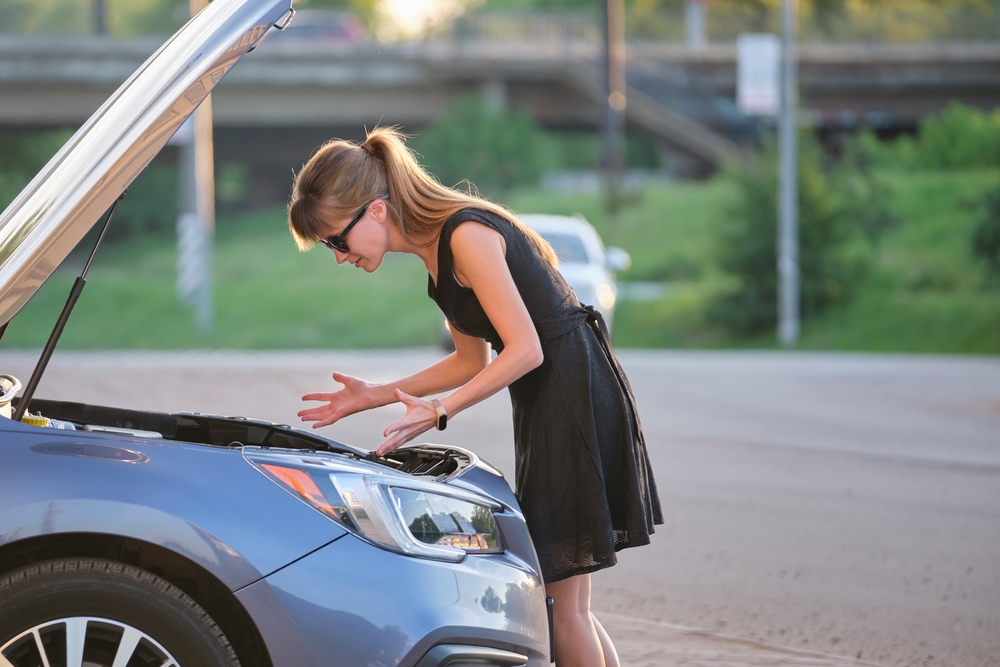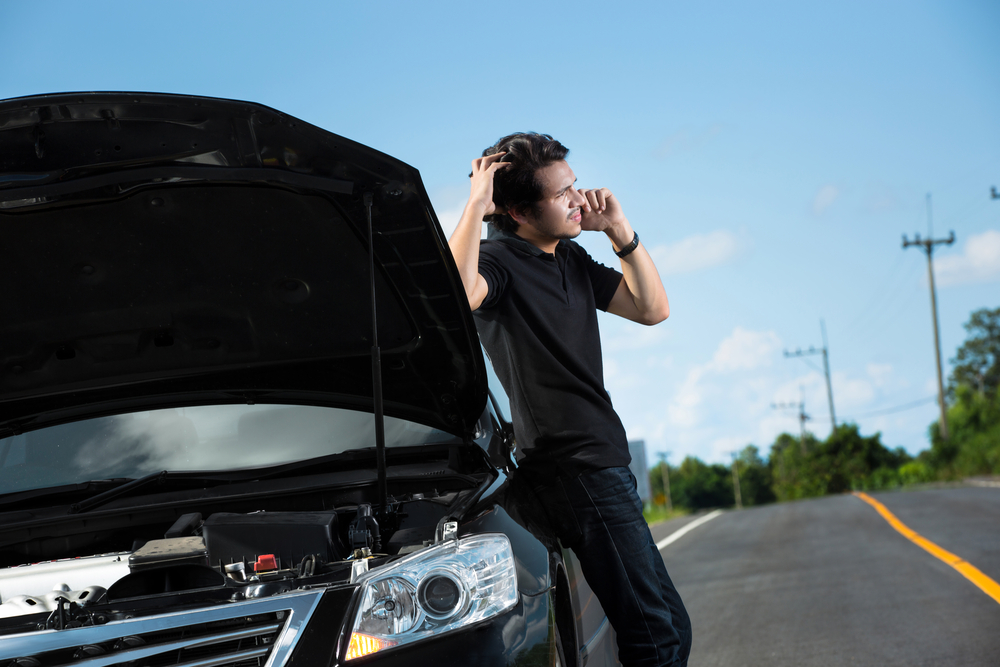7 Scary Car Noises and What They Mean for Your Ride

What if your car was crying out for help, but you didn’t speak its language?
Aside from having great car insurance, most drivers assume the best way to keep their car safe is to take it to the mechanic. Unfortunately, by the time you bring the vehicle in for a professional inspection, there may be a lot of internal damage that is very expensive to fix.
That’s the bad news. The good news is that your automobile usually gives you warning signs in the form of various noises and dashboard lights, so you can save your vehicle (and save yourself a huge bill). What are the scariest noises, and what do they mean for your ride? Keep reading to find out!
The Simple Sound of Clicking
Some of the noises we’ll review may have multiple potential causes, and we’ll cover those. A clicking sound when you try to start the vehicle has one of the simplest noise meanings of them all. Basically, if you try to turn the vehicle on and just hear a clicking noise, you have a dead battery.
If you simply left the headlights on or your door ajar, your automobile battery may simply be drained. In that case, all you need to do is jump-start it and drive around so your alternator can recharge the battery. If the battery is at least three years old, it may just be time to replace it with a new one.
Squealing or Squeaking
When troubleshooting noises, one of the first things you will discover is that noises under the hood can be some of the scariest ones of all. If you hear a kind of high-pitched squealing or squeaking noise from under the hood as you drive, you may have a serious problem on your hands.
In all likelihood, these noises indicate your serpentine belt is having problems. It is most likely loose after getting worn down over the years, and that can affect everything from your air conditioning to your alternator and power steering pump. As soon as you hear this noise, have the belt inspected and replaced to avoid getting stranded in the middle of the road.
Hissing From Hood
Nobody likes going to the mechanic, which is why many drivers try to make noise diagnostics on their own. However, there are a few noises that mean that you need to take your ride to a professional ASAP, and one of those is a hissing noise.
Hissing almost always means your car is leaking. Some of what it could be leaking is dangerous for you to touch, and all of it is bad news for your automobile. Take your vehicle to the mechanic right away for diagnosis and repair.
Grinding When Slowing Down
We sometimes use “grind my gears” as an expression to indicate how annoyed we are. If you hear a grinding noise when you apply the brakes, it doesn’t mean your vehicle is angry. In a word, it means “danger.”
This grinding means problems with your brakes. It could be something simple, like worn-out brake pads (easy to replace), or more complex, like issues with the brake calipers (relatively easy to fix). But if you don’t fix the issue right away when you hear these unusual sounds, you might be left with an automobile that can’t stop or slow down in a situation that gets you or others hurt. That’s why checking the brakes should be part of your seasonal car maintenance.
Screeching Wheels
Unless you are peeling out at high speeds (which we never recommend, even if you have the protection of quality car insurance), you shouldn’t hear any screeching or squealing sounds from your tires. If you do hear such noises, it may be an early indicator of brake problems, and addressing it now is a form of preventative care that may save you from a nasty bill.
This annoying noise from your wheels may indicate that your brake pads are worn out or simply not releasing properly. Most often, it’s a brake pad issue because vehicle manufacturers design the pads to squeal when they are starting to wear out. Take this as a proper warning sign and head to your mechanic right away!

Sloshing Noises from Under the Hood
By now, you’ve probably figured out that some of these automobile noises are more common than others. For example, everyone has heard the screeching of a loose belt from time to time. If you haven’t read your owner’s manual, you may think such noises aren’t a big deal. It’s rarer to hear a sloshing noise from under your hood, but if you hear such a noise while starting or accelerating, it’s important to take it seriously.
The sloshing noise indicates that you most likely have air trapped in your cooling system. There are multiple potential causes that range from head gasket issues to a basic leak, and all of them spell trouble for your car. For example, a cooling leak means your vehicle will overheat sooner rather than later, so be sure to take it in right away for a professional inspection.
Rattling and Rumbling Noises
Let’s face it: you know what your vehicle normally sounds like when you’re driving. Serious changes to the sound usually mean serious problems. At the top of the list of “serious changes” would be rattling and rumbling noises, none of which mean anything good for your ride.
For example, when you hear these noises underneath your vehicle, you likely have a damaged exhaust system. If you hear a slightly different noise when idling (resembling rocks in your washing machine), there is likely an issue with your catalytic converter. In short, when your automobile starts making scary rattling and rumbling noises, it’s time to fix the problem before you accidentally make it worse.
Give Your Car the Protection It Deserves with the Best Auto Insurance
Now you know what the scariest noises are and what they mean for your ride. But do you know who else is committed to respecting your car and providing it with the protection it deserves?
Here at InsureOne, we’re experts at protecting your vehicle from unexpected dangers. We’re always ready for you to get a quote online. Or, if you want, you can pick up the phone and give us a quick call at (800) 836-2240. Finally, feel free to come into one of our nearby offices at your earliest convenience!


